The danger is not so much the out of sync, but the integrity of the resulting code, once the patches are applied:
You are accepting change set based on other change sets that are not delivered.
There is no guarantee that it works.
As explained in this thread:
In S1, suppose there are two change sets that have modified file foo.java: CS-23 and CS-35.
You have requested CS-35, but not CS-23.
But the state of file foo.java in CS-35 contains the changes from CS-23... So you can't get CS-35 unless you also have CS-23 (i.e. "the change set that led up to this change set").
It is ok for a developer A to not deliver all his/her change set, provided he/she delivers all change sets up to a certain point.
The warning appears in case of a partial deliver (the developer delivers B, based on change set A, but does not deliver change set A)
That might not be an issue, if there is no functional dependency (similar to git cherry-pick) between the two change sets (if B doesn't rely on code in A to compile, for instance).
